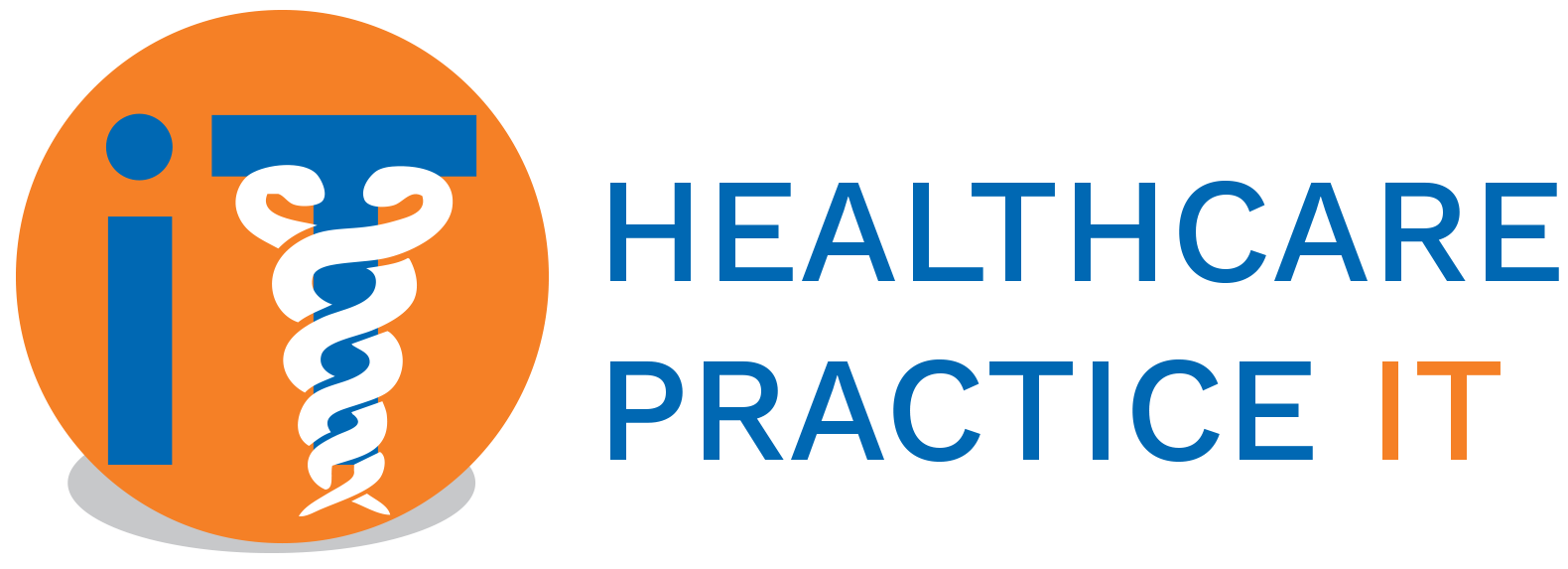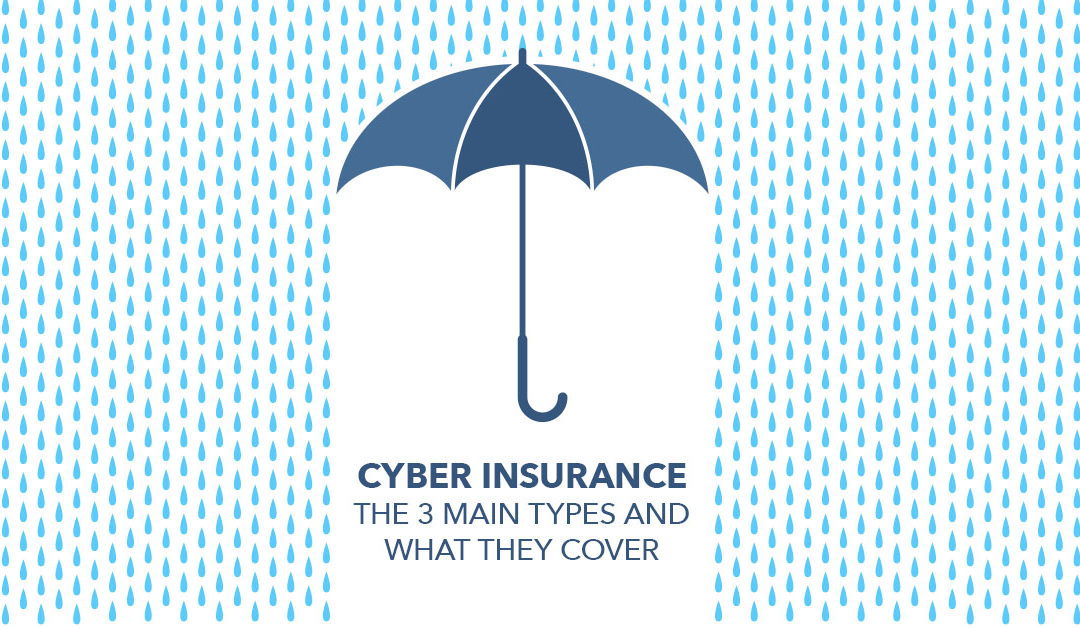Three Types of Cyber Insurance You need to know about
The world is becoming more digitized and cybercrime increasing, the need for cyber insurance is something businesses should not overlook. If your company handles, transmits or stores sensitive data, credit card, payroll, personal health information, etc, you need to know about cyber insurance.
Cyber insurance is intended to protect businesses from the monetary losses arising from a cyber incident that could jeopardize their future. It covers financial losses caused by events such as data breaches, cybertheft and ransomware.
Since businesses often lack the resources or budgets of big corporations, cyber insurance can provide critical financial protection in the event of a cyberattack, helping them recover more quickly and with less financial stress.
Types of cyber insurance and what they cover
Although insurers may have their own specific classifications, cyber insurance can be divided into three broad categories:
Cybertheft insurance
With more and more businesses storing sensitive data online, the risk of cybertheft is more prominent than ever. As a result, ensuring that your company is adequately insured against this growing threat is critical.
Cybertheft insurance protects businesses from financial losses caused by digital theft. This type of insurance can cover a variety of cybertheft scenarios, including first-party cybertheft, embezzlement scams, payroll redirection and gift card scams.
Businesses of all sizes can be victims of cybertheft, and no business is too small to need cybertheft insurance. Therefore, even if there is a remote chance that your data or digital assets will be stolen, ensure you have cybertheft insurance for your business.
Cyber liability insurance
Cyber liability insurance includes third-party coverage for damages and losses, data breaches, regulatory penalties, credit monitoring and lawsuits.
Cyber liability insurance is a vital tool for small businesses like yours because the financial ramifications of a cybersecurity breach can be more severe than you can handle. This does not mean you should panic right now; it simply means that having cyber liability insurance can help your business recover and move forward even after a breach, without being stunted.
Cyber extortion insurance/ransomware insurance
Cyber extortion insurance protects businesses against ransomware attacks. This type of insurance can help cover the cost of ransom payments, recovery expenses, business interruptions and more. It can also provide access to a team of experts who can help with cyber extortion negotiations and forensics.
Keep in mind that an attack could still succeed even with the right cybersecurity solutions in place to protect your business. That’s why it’s critical to have cyber extortion insurance. It can help you recover from a ransomware attack and reduce the financial impact.
Let’s work together to ensure your success
Cyber insurance is a complicated and ever-changing industry. There are many factors that can influence whether or not you qualify for a payout in the event of a cyberattack, and trying to remain compliant with your insurance policy can be difficult. Working with Healthcare Practice IT can help you better understand your options and ensure that you have adequate security in place, increasing your chances of receiving complete coverage.
Not sure where to start? Contact us today to schedule a consultation. Our knowledge and experience may be just what you require.
We’ve also created an infographic titled “Cyber Insurance and Why Your Business Needs Coverage” that you can download by clicking here.
More blog articles
Minimizing Cyber Supply Chain Risks through Effective Vendor Selection
Cyber supply chain risks refer to the threats that arise from the use of products or services provided by external vendors in an organization’s IT infrastructure. These risks can originate from various sources such as malware-infected software, compromised hardware, or unreliable service providers.
Co-Managed IT for Healthcare Organizations
Co-managed IT is a service model that can help healthcare organizations
improve their IT infrastructure while minimizing risk and cost. By partnering
with a co-managed IT provider that specializes in healthcare, organizations
can ensure that their IT systems are secure, compliant, and optimized for
performance. Learn more about the benefits of co-managed IT for
healthcare organizations and how to implement it in our latest blog post
Co-Managed Healthcare IT Myths
Co-Managed IT Services have emerged as a viable solution for healthcare organizations to leverage the benefits of IT without breaking the bank. In this article, we debunk some of the most common Co-Managed IT myths and explore the benefits of partnering with a Managed Service Provider.




